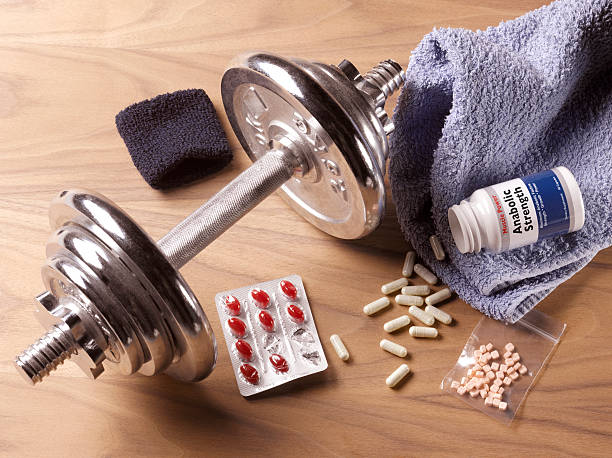
Amy Winehouse was one of the most talented singers of her generation. Known for her powerful voice and deeply personal lyrics, she rose to fame with hits like Rehab and Back to Black. But behind the music was a woman quietly battling addiction, mental health struggles, and the pressure of fame.
Amy Winehouse’s death in 2011 shocked the world. While her story has been told many times, it’s important to look beyond the headlines and understand the real impact of addiction, not just on celebrities, but on millions of people and families around the world.
What Was Amy Winehouse Addicted To?
Amy Winehouse had a long struggle with substance use, including:
- Heroin
- Crack cocaine
- Cannabis
- Alcohol
While her drug use was heavily reported early in her career, by the time she died, she had stopped using hard drugs. However, her alcohol addiction worsened, a pattern that’s not uncommon in people who switch from illegal drugs to more socially acceptable substances like alcohol.
How Did Amy Winehouse Die?
Amy Winehouse died on July 23, 2011, at the age of 27. The official cause of death was alcohol poisoning. According to the inquest:
- Her blood alcohol level was 0.416%, over five times the UK legal driving limit.
- A pathologist confirmed this amount was fatal and could cause someone to stop breathing or fall into a coma.
- Her death was ruled as “misadventure”, meaning her drinking led to unintended and tragic consequences.
Amy had been sober for several weeks before her relapse. She had started drinking again just three days before her death.

Why Did Amy Winehouse Relapse?
Addiction is a chronic condition, and relapse is a common part of the recovery process. Amy’s doctor shared some important insights into her final days:
- She had been prescribed Librium, a medication used for alcohol withdrawal and anxiety.
- She refused psychiatric treatment multiple times because she feared it would affect her creativity.
- She felt guilt and shame about drinking again.
- The night before her death, she told her doctor she started drinking again because she was “bored.”
- She said she didn’t want to die, but was unsure if she could stop drinking.
This paints a picture of someone who didn’t want to harm herself, but felt stuck in a cycle she couldn’t control, a reality many people with addiction face.
The Cycle of Addiction: What Amy’s Story Teaches Us
1. Addiction Can Affect Anyone
Amy was rich, talented, and loved, but addiction doesn’t care about your background, income, or status.
2. Alcohol Addiction Is Serious and Often Overlooked
People often assume alcohol is safer than drugs like heroin or cocaine, but alcohol can be just as deadly. Amy’s death is a tragic reminder.
3. Relapse Is Common in Recovery
Many people experience periods of sobriety followed by relapse. This doesn’t mean recovery has failed, it means more support is needed.
4. Mental Health and Addiction Are Connected
Amy struggled with anxiety and refused psychiatric care. For lasting recovery, both addiction and mental health must be treated together.
Why Amy Refused Help (and Why Many People Do Too)
One of the saddest parts of Amy’s story is that she refused psychiatric help because she feared it would damage her creativity. This is a fear many artists and creatives share.
Others may avoid treatment due to:
- Fear of judgment or stigma
- Shame around their behaviour
- Not believing they are “sick enough” to need help
- Worry about what treatment will involve
These fears are real, but treatment saves lives. Getting help doesn’t mean giving up who you are, it means giving yourself a chance to fully live.
If You’re Struggling With Addiction or Alcohol Use, You’re Not Alone
At InnerLife Recovery, we specialize in treating addiction, mental health disorders, and eating disorders in a compassionate, private, and personalized setting.
If you or a loved one is struggling with alcohol, substance use, or anxiety, our experienced team can help. We offer holistic, trauma-informed treatment that addresses both the addiction and the underlying emotional pain.
📞 Reach out today to learn more about our residential treatment programs and how we can support your path to healing. We’re here 24/7h available to help you recover and rebuild.
Contact us today for an obligation-free confidential consultation.






